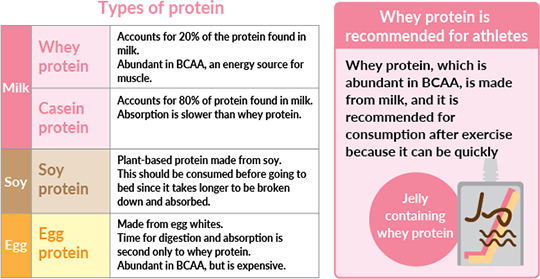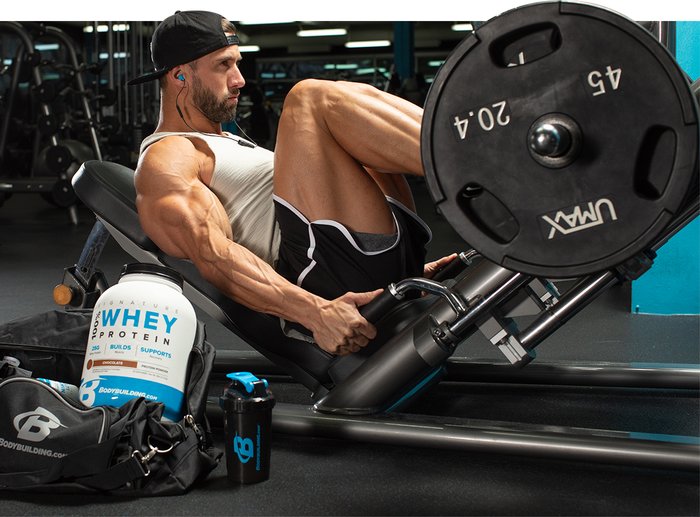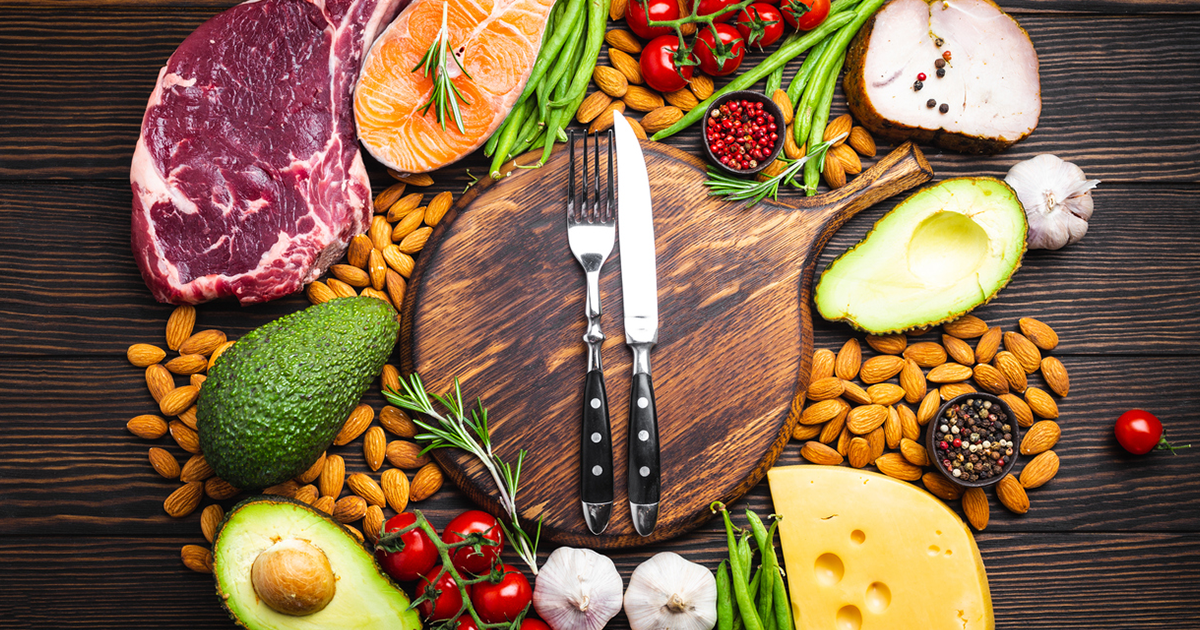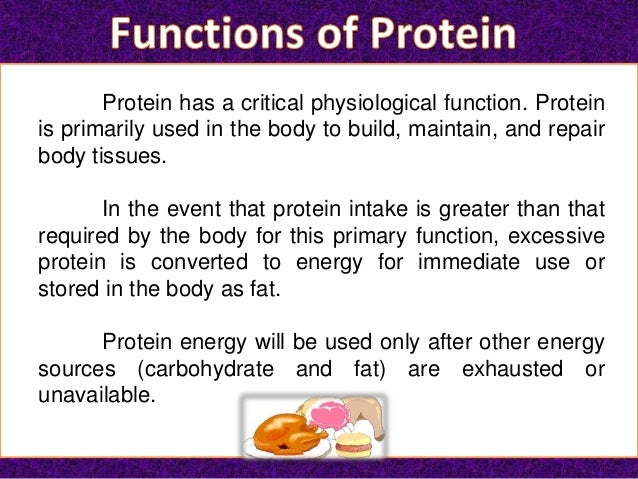Proteins are made up of hundreds or thousands of smaller units called amino acids which are attached to one another in long chains. Protein is converted to several amino acids that are used by the bodys tissues for a host of purposes including tissue growth and repair and hormone synthesis.
/protein-hemoglobin-58a222955f9b58819ca8f902.jpg)
The Structure And Function Of Proteins
How proteins are used in the body. You also use protein to make enzymes hormones and other body chemicals. Your body uses protein to build and repair tissues. They are one of the building blocks of body tissue and can also serve as a fuel source. As a fuel proteins provide as much energy density as carbohydrates. Protein is an important building block of bones muscles cartilage. Hormone proteins co ordinate bodily functions for example insulin controls our blood sugar concentration by regulating the uptake of glucose into cells.
Each protein has a specific role in our body. A protein intake of 1420 g per kg body weight a day eg. Proteins are large complex molecules that play many critical roles in the body. Though one gram of protein can yield 4 calories the most important functions of the protein are tissue building and repair and provision of the ingredients for the formation of enzymes hormones and antibodies. Most of any leftover protein the body doesnt need just then is converted to energy and if the body has plenty of stored glycogen then any leftover protein is converted to even more fat and stored. 98 140 g per day for a 70 kg adult is thought to be sufficient to meet the needs for most exercising individuals.
Under normal circumstances your body breaks down the same amount of protein that it uses to build and repair tissues. It also helps to repair and. The most important aspect and defining characteristic of protein from a nutritional standpoint is its amino. Some ingested amino acids are used for protein biosynthesis while others are converted to glucose through gluconeogenesis or fed into the citric acid cycle. Proteins are found in all active tissues of the body eg. Muscle cells the liver glands etc.
4 kcal 17 kj per gram. Alternative roles for proteins. Protein is one of the most important substances in your body. They do most of the work in cells and are required for the structure function and regulation of the bodys tissues and organs. This use of protein as a fuel is particularly important under starvation conditions as it allows the bodys own proteins to be used to support life particularly those found in muscle. In contrast lipids provide 9 kcal 37 kj per gram.
Transport proteins move molecules around our bodies for example haemoglobin transports oxygen through the blood. Yet your bodys proteins are in a constant state of turnover. Proteins are essential nutrients for the human body. Your muscles hair eyes organs and many hormones and enzymes are primarily made out of protein. 7 athletes should aim to achieve protein intakes through consuming a balanced diet with protein supplements being used for individuals who need to keep protein high but limit total calorie intake.






/proteins-70e6210f8e65402097748b426c632b66.jpg)





/135879561-copy-56aa079b3df78cf772ac1531.jpg)




